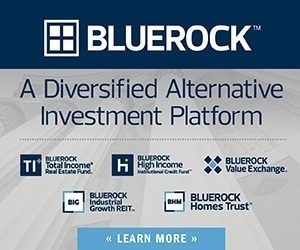Who Is Using Flexible Office Space?
August 14, 2017 | Kelsi Maree Borland | GlobeSt.com

The short answer: everyone. From freelancers to corporations, all user types are finding value in flexible office space.
The demand for flexible office space is growing rapidly and from an amalgam of users. In addition to start-ups and tech companies, which have traditionally dominated the office niche, corporate users are also fueling growth in the market. Where there is demand, supply will follow. As a result of the healthy demand, new flexible landlords are entering the market, from large office owners, who are beginning to rent unused smaller portions of the space and tenants with sublease space available. To find out how the flexible lease market is evolving and who these new users are, we sat down with Mark Gilbreath, CEO and founder of LiquidSpace, for an exclusive interview.
GlobeSt.com: How has the market for flexible space evolved?
Gilbreath: The real estate response to this growing demand for flexible office is quite interesting. We see three categories emerging from the real estate standpoint and are now apart of the overall office landscape. There is co-working spaces and serviced office, and that industry has been around for 20-plus years. It continues to scale, and it is growing. There are also two newer categories of properties that are increasingly becoming a part of the flexible office solution set for corporations. One of those is that private companies that are increasingly sharing their space with other companies that want flexibility, and peer-to-peer sharing of space has become a substantial portion of our space network. The third category is the activity of large landlords that are now recognizing that flexible office demand is ramping, and their opportunity to serve that demand can be more than leasing a floor to a co-working operator, which is what they had done in the past.
GlobeSt.com: Landlords are becoming flexible office operators?
Gilbreath: Large owners are getting in to the game directly. They are creating spec suites; they are providing flexible transactions are shorter terms. Owners, who in the past would only do long-term leases, are now becoming direct participants in flexible deals.











